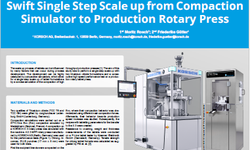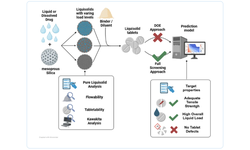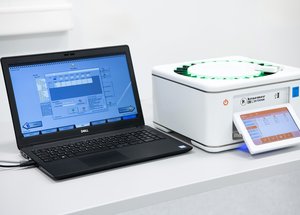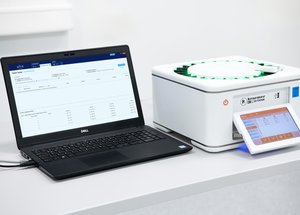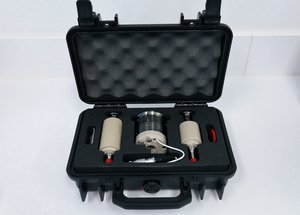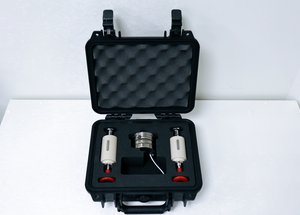Scientific papers
Objective:
This study is dedicated to characterizing tricalcium citrate (TCC) as a tableting excipient, examining its suitability for both direct compression (DC) and dry granulation (DG).
Significance:
Tablets crafted from brittle materials often showcase inferior mechanical strength compared to those formed from plastic deforming materials. Identifying a brittle material with high tabletability, capable of maintaining this behavior during recompression, would present a valuable alternative to the commonly used microcrystalline cellulose.
Methods:
Tablets, comprising TCC and other standard fillers, underwent direct compression for a comprehensive compression analysis, including Heckel analysis, speed dependency, and lubricant sensitivity. Dry granulation involving roller compaction of TCC was initially simulated through briquetting, followed by practical experiments using a roller compactor.
Results:
TCC emerged as a highly flowable powder, featuring large agglomerates consisting of lower micron to submicron platelets. Despite the identified brittle deformation mechanism in the Heckel analysis, TCC exhibited remarkable mechanical strength, reaching up to 11 MPa, alongside an exceptionally low solid fraction of 0.85 at a compression pressure of 400 MPa. This notable hardness was observed with minimal speed and lubricant sensitivity. However, the disintegration time was notably short. Upon re-compression, TCC tablets experienced a slight decrease in tensile strength, ranging from 1 to 2 MPa for granules produced via roller compaction.
Conclusions:
TCC demonstrates its suitability for direct compression, functioning as a predominantly brittle deforming filler while exhibiting remarkable hardness, irrespective of lubrication and tableting speed. Even after dry granulation, TCC maintains sufficient bonding capacity to sustain its pronounced tabletability.
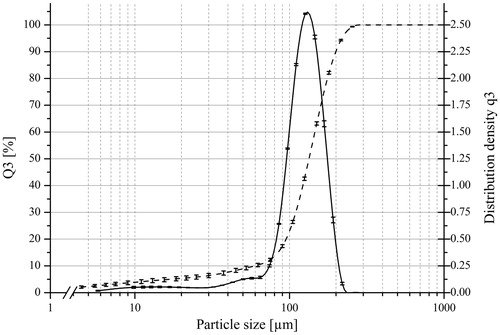
Comments
No comments posted yet.
Add a comment


